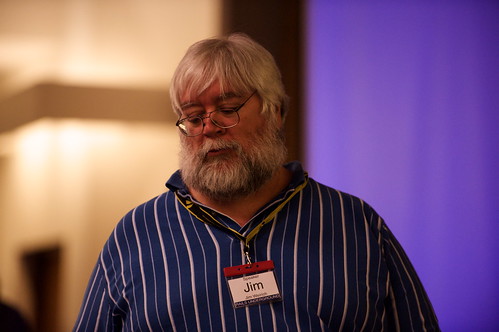Ruby on Rails is like IKEA...whaa?
Recently, I found reading an article by Paul Venezia titled, Fatal abstraction: A bottom-up view of high-level languages, where—if you read between the lines—you can see that Paul just found himself waking up from a coma and it’s no longer 2004.
“I may have questioned Perl’s future now and then, and Perl certainly doesn’t have the presence it once enjoyed, but the strength of Perl has always been its flexibility. You can do pretty much anything with Perl, and you can do it in a wide variety of ways. Perl’s core revolves around the idea that there’s always more than one way to do it. In fact, there may be dozens of ways to do it. PHP shares a similar trait in that it gives you a large set of tools and leaves the construction up to you.
Ruby, and especially Rails, is the opposite, and Python definitely leans more in that direction. Essentially, it’s the difference between building a chair from raw lumber and assembling one from IKEA. This isn’t to say there’s anything wrong with assembling from parts, and clearly Ruby and Python are very capable and strong languages. However, they’re not my cup of tea.”
Admittedly, perhaps I’ve been in drinking the “kool-aid” for far too long, but I thought this tired argument has run it’s course.
I take huge offense to comparing Ruby on Rails to IKEA furniture. It’s far easier to build a web application with Ruby on Rails than it is to build an IKEA bookshelf
“When it comes right down to it, I need to know exactly what my code is doing. I’m going to keep an open mind and spend more time on the other side of the fence in the short term. Perhaps I’ll be won over, but it won’t be easy. Trust issues are complicated.”
Paul, I completely understand where you’re coming from. It sounds like you’re dealing with similar trust issues that I had nearly a decade ago. Trust me, it will be okay.
Ruby on Rails isn’t magic. Behind the curtain you’ll find a collection of object-oriented code written in one of the most readable languages in existence.



 {width=”450”}
{width=”450”} {width=”450”}
{width=”450”} {width=”450”}</>
{width=”450”}</> {width=”450”}
{width=”450”}


